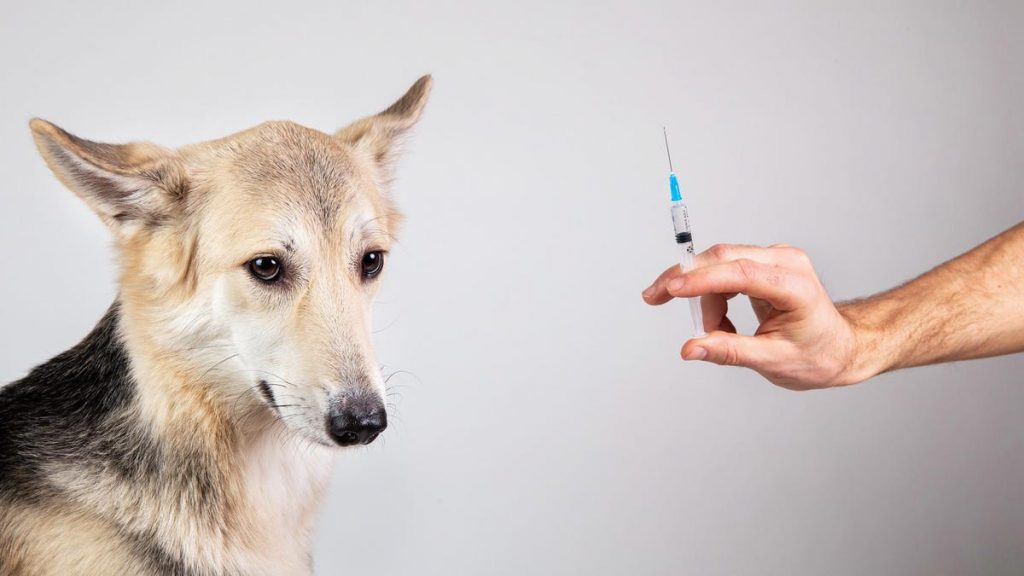On Thursday, India’s Agriculture Ministry launched the country’s first Covid-19 vaccination for livestock. The vaccine, dubbed Ancovax, was developed by the National Research Centre on Equines in Hisar and can protect animals against the Delta and Omicron versions of SARS-CoV-2.

Dogs, lions, leopards, mice, and bunnies can all benefit from Ancovax. It’s an inactivated vaccine made from a component of the Delta variety that’s infectious. Furthermore, Alhydrogel is used as an adjuvant to increase the immunological response.
In India, this is the first Covid-19 vaccination for animals. Last year, there were claims that Russia, too, had created a vaccination against animals including dogs, cats, minks, and foxes.
Covid-19 infection has been reported in a variety of animals, including dogs and cats. “The vaccination can safeguard zoo animals.” It can also prevent transmission from companion animals to people, according to Dr. Jyoti Misri of the Indian Council of Agricultural Research.
According to the US Centers for Disease Control and Prevention, the danger of animals transferring the virus to people is negligible.
The vaccine’s goal is to safeguard endangered species like lions and tigers. Last year, India reported at least nine Covid infections in Asiatic lions at the Chennai Zoo, with one lioness possibly dying as a result. This resulted in the tourism-related closure of tiger reserves. A research conducted by the Indian Veterinary Research Institute discovered at least three natural Covid infections in wild Asiatic lions, as well as a deceased leopard cub that tested positive for Covid-19.
“A few cases have been documented in wildlife across the world, some from zoos and others from pets. However, it is a very small percentage. Cough, cold, fever, and lung lesions are all symptoms that the animals experience in the same way that humans do. A vaccination, however, would be beneficial because the disease is zoonotic [it may be spread from animals to people]. Dr. AB Shrivastav, former head of the School of Wildlife Forensic and Heath in Jabalpur, remarked, “However, the vaccination we employ must be properly chosen.”
While Dr. Shrivastav declined to comment on this vaccination in particular, he did say that a dead vaccine for wild animals is always preferable than a live-attenuated vaccine (where a weakened live virus is used).
“In wild animals, we don’t use live vaccination.” This is due to the fact that a live vaccination can be attenuated for one species but still cause sickness in another. A rabies vaccination produced for dogs was accidentally administered to wolves in Africa 15 or 20 years ago, and the whole pack died. He claims that a dead viral vaccination will not hurt the animals.

